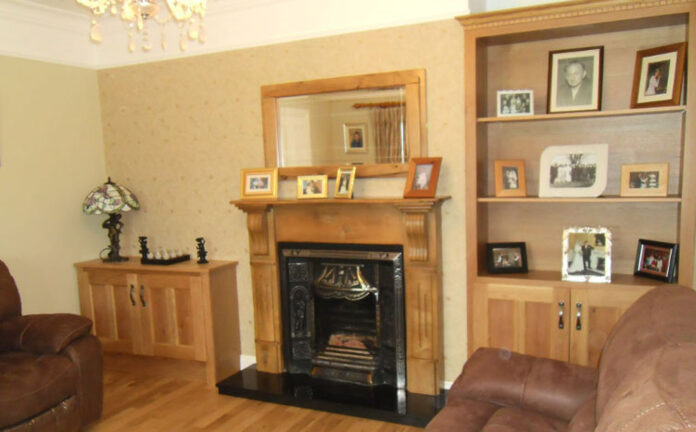CARING for an elderly parent or loved one presents a number of difficulties. Many people struggle, especially when it comes to providing older people with enough time, support and loving care during the harsh winter months.
Cathal O’Neill, operations manager of Home Instead Senior Care in Clare, talks about how you can help the elderly this winter.
“We all need to work together to ensure that everyone is kept safe and warm during the winter. You should check on friends and neighbours, who may be struggling in the cold. Okay, we all might feel a little awkward turning up to a neighbour’s house uninvited these days but what is the worst that can happen?
“It’s no harm to call in with some cake or biscuits and let the person know you are only a phonecall away if needed. This can be a fantastic support to seniors or people living on their own,” he said.
During winter months, elderly people are more prone to getting ill and the number of untimely deaths rises. There is a direct link between cold weather and the higher death rate, especially among older people and others in at-risk groups.
Mr O’Neill noted in cases where someone who may have fallen ill or had an accident, there are many signs to look out for:
– Milk not taken in from the doorsteps;
– Newspapers stuck in the letterbox;
– Curtains drawn during the day;
– Lights burning during the day;
Home in darkness when there should be someone at home;
– Unusual animal behaviors, dogs continuously barking and so on.
“Clearly, it is important to prevent people from becoming cold in the first place. Family, friends and neighbours in the community can look out for those who might be at risk from the cold. Prevention is better than cure.
“Safety is important in all aspects of keeping yourself warm. Care should be taken when using electric blankets or filling hot water bottles. Never use a hot water bottle and an electric blanket together, as this is extremely dangerous and could give you an electric shock,” Mr O’Neill warned.
Useful tips for the winter:
– Set the thermostat to around 21ºC (70ºF) and heat all the rooms used during in the day;
– If you can’t heat all rooms, make sure to keep the living room warm throughout the day and heat the bedroom before going to bed;
– Set the timer on heating to come on before getting up and switch off when going to bed;
– In very cold weather, rather than turn the thermostat up, set the heating to come on earlier, so you won’t be cold while you wait for your home to heat up;
– Try to keep a temperature of above 18°C (65°F) in the bedroom overnight;
– If using a fire or heater in the bedroom during winter, open the window or door a little at night for ventilation;
– Wear plenty of thin layers, rather than one thick layer;
– Wear clothes made of wool, cotton, or fleecy synthetic fibres;
– Stay warm in bed with bed socks, thermal underwear and a nightcap or headscarf;
– Stock up on essentials, such as food, water, de-icer, spare warm clothes and a blanket.
Be a good neighbour and check on the elderly in your local community and support those in need.
A native of Ennis, Colin McGann has been editor of The Clare Champion since August 2020. Former editor of The Clare People, he is a journalism and communications graduate of Dublin Institute of Technology.



